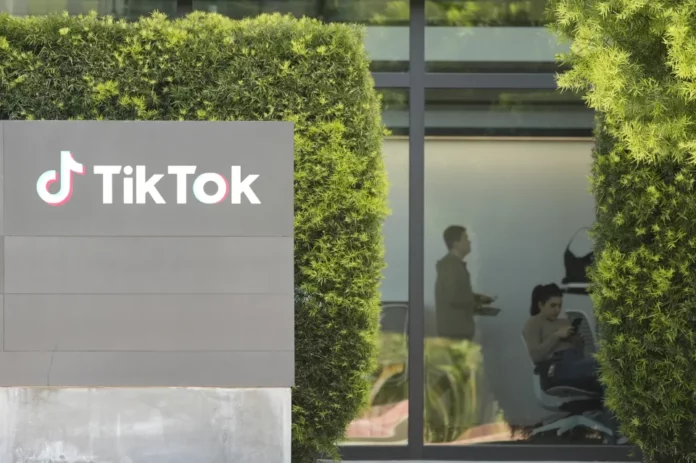It didn’t take long. Shortly after taking office, President Donald Trump signed a series of executive orders. Among them is the temporary suspension of the law that banned TikTok in the United States.
According to the order, Trump’s Department of Justice will not enforce the Protecting Americans from Foreign-Controlled Apps Act for 75 days, effectively extending the time the company has to make a deal. In his statement, Trump said that the “unfortunate timing” of the law, which came into effect in President Joe Biden’s final hours in office, “hinders my ability to assess the national security and foreign policy implications of the law’s prohibitions before they take effect.”
He wrote that he would review “sensitive intelligence” related to the national security concerns raised by the app’s critics and “assess the sufficiency of the mitigation measures TikTok has taken to date.” Earlier, the company carried out a multi-year effort known as Project Texas to move US user data to servers hosted by Oracle. The agreement was reached after years of negotiations with the Committee on Foreign Investment in the United States (CFIUS), but those talks ended last year.
TikTok (and other ByteDance apps) went offline late Saturday night before the law took effect on Sunday. However, TikTok’s outage lasted only a few hours. The service was gradually restored after Trump promised to sign an executive order suspending the law after he was sworn in on Monday. He confirmed that there would be “no accountability for any company that helped TikTok not go dark before my order.” Trump also proposed the creation of a joint venture in which American interests would receive a 50 percent stake in TikTok.
Earlier on Monday, China (where ByteDance is based) signaled its openness to a deal with the US that would allow TikTok to remain active there in the long term, despite having previously said it would block a forced sale of the app. “When it comes to actions such as management and business acquisitions, we believe they should be decided by companies independently in accordance with market principles,” said Chinese Foreign Ministry spokesman Mao Ning. “When it comes to Chinese companies, Chinese laws and regulations should be followed.”
During his first administration, Trump tried to ban TikTok in the United States. He signed executive orders, which included an attempt to force ByteDance to sell its U.S. business. At the time, this did not happen. But the pressure on TikTok intensified during the Biden administration, when the former president signed a bill last year requiring ByteDance to sell TikTok or face a ban on its operations in the United States.









